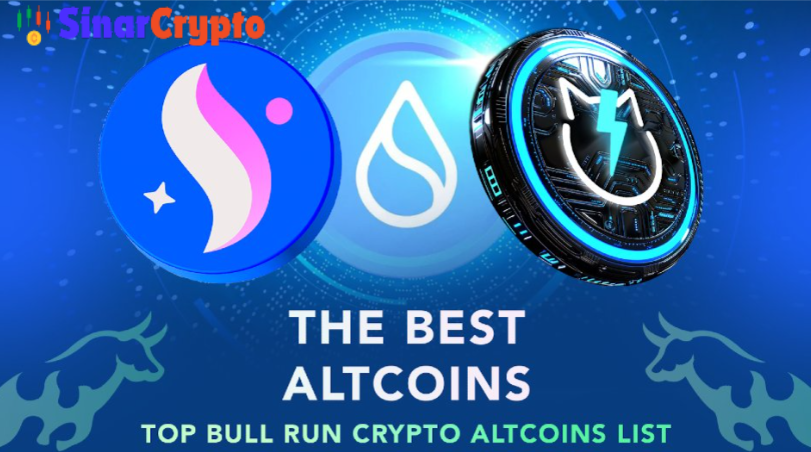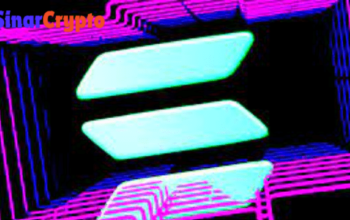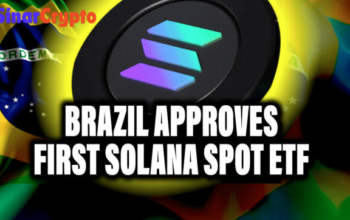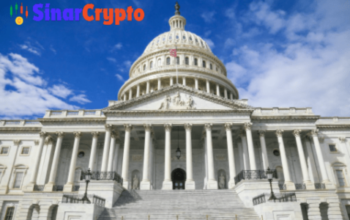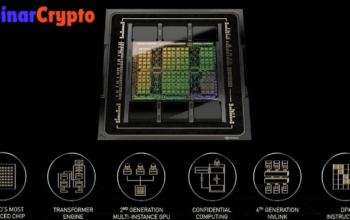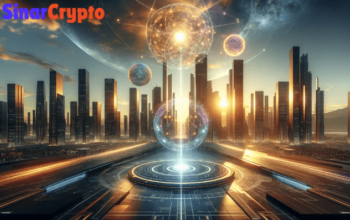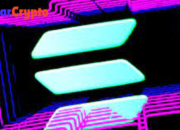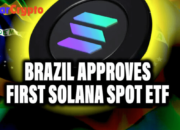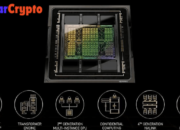The world of gaming and cryptocurrency is rapidly evolving, with many developers exploring altcoins that offer unique functionalities and benefits for gaming applications. As blockchain technology becomes more integrated into the gaming industry, several altcoins have emerged as favorites among developers. This article dives into the most popular gaming altcoins currently capturing the attention of the developer community.
What Are Gaming Altcoins?
Gaming altcoins are alternative cryptocurrencies designed specifically for the gaming sector. These tokens often provide features like in-game purchases, rewards, and asset ownership through blockchain technology. They empower developers to create decentralized applications (dApps) and improve the gaming experience for players.
Top Gaming Altcoins for Developers
1. Ethereum (ETH)
Ethereum remains the gold standard among blockchain platforms for developers. Its versatility and robust smart contract capabilities make it an ideal choice for creating decentralized games. Many successful gaming projects, such as Axie Infinity and Decentraland, are built on the Ethereum blockchain.
Key Features:
- Smart Contracts: Enables automated transactions and game mechanics.
- Large Developer Community: Access to a wealth of resources and support.
- Interoperability: Supports various tokens and dApps.
2. Binance Smart Chain (BSC)
With its low transaction fees and fast processing times, Binance Smart Chain has gained immense popularity among game developers. BSC allows for the creation of dApps with lower costs compared to Ethereum, making it an attractive option for new projects.
Key Features:
- Low Fees: Makes it cost-effective for developers and users.
- High Throughput: Fast transaction processing boosts player experience.
- Growing Ecosystem: A range of projects are already on the platform.
3. Polygon (MATIC)
Polygon is a layer-2 scaling solution for Ethereum, designed to improve its scalability and reduce transaction costs. It has gained traction among game developers looking to build on Ethereum while avoiding congestion.
Key Features:
- Scalability: Supports many transactions without slowing down.
- Compatible with Ethereum: Developers can easily transition their projects.
- User-friendly SDKs: Simplifies the development process.
4. Enjin Coin (ENJ)
Enjin Coin is dedicated to the gaming industry, allowing developers to create and manage in-game assets with blockchain technology. Its focus on NFTs makes it particularly appealing for creating unique game items.
Key Features:
- NFT Integration: Perfect for games involving collectible items.
- Game Development Tools: Offers SDKs and APIs for easy integration.
- Marketplace: Enables trading of in-game assets.
5. Decentraland (MANA)
Decentraland offers a virtual reality platform built on the Ethereum blockchain. It allows users to create, experience, and monetize content and applications, making it a popular choice for developers interested in immersive gaming experiences.
Key Features:
- User-Generated Content: Encourages creativity and innovation.
- Virtual Land Ownership: Provides players with true ownership of in-game assets.
- Diverse Applications: Beyond gaming, it supports various virtual experiences.
Conclusion
The integration of altcoins into the gaming industry is reshaping how developers create and monetize games. Ethereum, Binance Smart Chain, Polygon, Enjin Coin, and Decentraland are leading the charge, providing developers with the tools necessary to enhance player engagement and create unique experiences.
As technology continues to evolve, it’s essential for developers to stay updated on emerging altcoins and the potential they hold for future gaming innovations. The right altcoin can not only improve the gaming experience but also redefine the entire gaming landscape.
